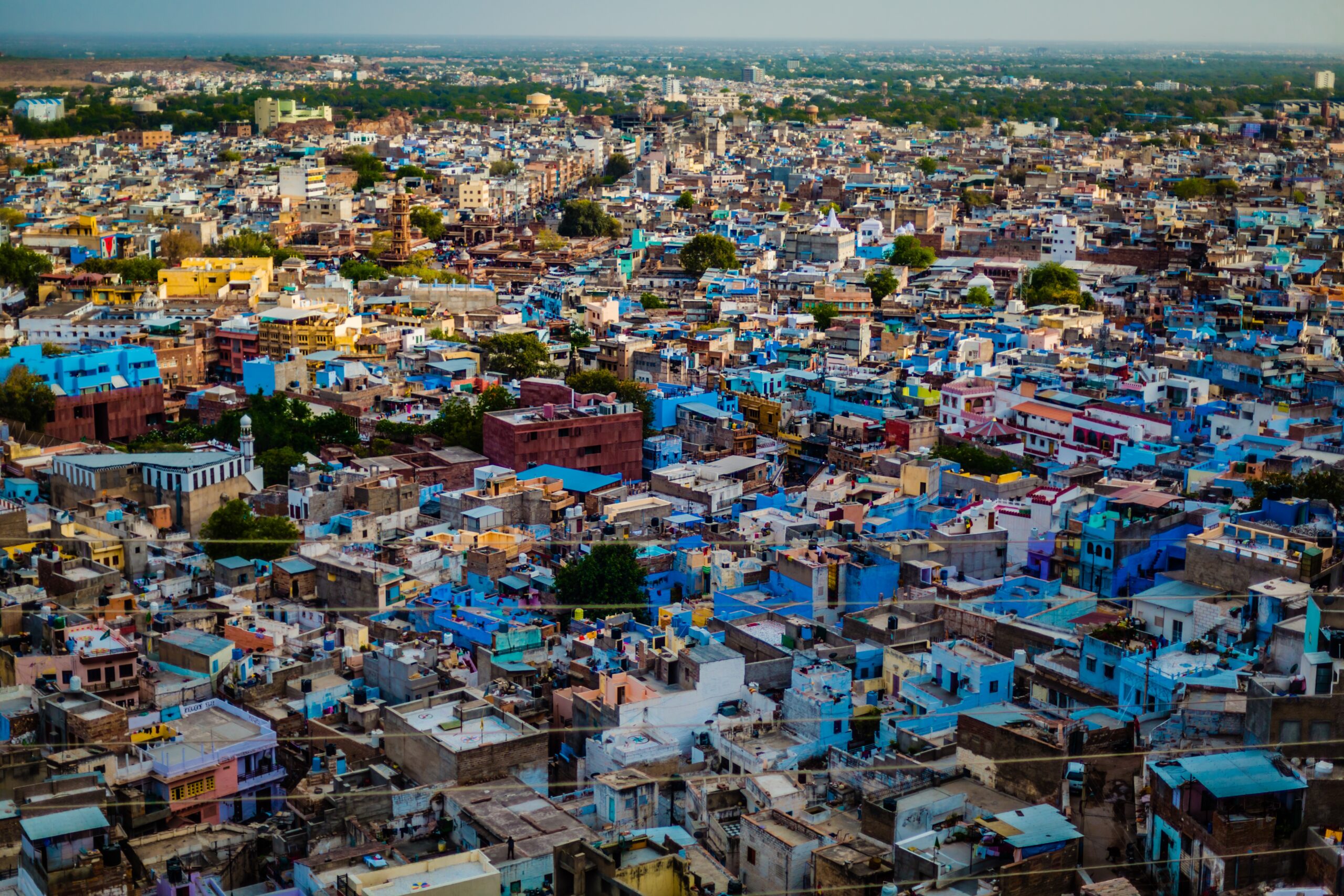Maharashtra Chief Minister Devendra Fadnavis has announced plans to redevelop slum rehabilitation buildings constructed during the early years of the slum redevelopment scheme, which have now deteriorated into vertical slums. The government will adopt a cluster redevelopment model, targeting multiple slums within the same ward through integrated planning.
The slum redevelopment scheme, launched in 1997, promised free housing to slum dwellers and has so far delivered 270,000 housing units. According to NITI Aayog’s report titled Developing Mumbai Metropolitan Region as an Economic Growth Hub, 2030, the goal is to construct 2.2 million units under slum rehabilitation schemes and an additional 1 million affordable housing units across the Mumbai Metropolitan Region (MMR) by 2030.
The Mahayuti cabinet recently approved the state’s new housing policy, branded as Mera Ghar, Mera Adhikar (‘My Home, My Right’). The government aims to build 3.5 million houses for economically weaker sections and low-income groups by 2030, with an estimated investment of ₹70,000 crore. A mega housing fund worth ₹20,000 crore, called the Mahawas Niwas Nidhi, will be established as per NITI Aayog’s recommendations to support large-scale housing projects.
Affordable rental housing will be delivered through government agencies like MHADA and CIDCO. The policy also proposes using central government land for slum rehabilitation projects, encouraging joint ventures between the central government and the Slum Rehabilitation Authority (SRA), supported by dedicated corpus funds.Fadnavis emphasised that the policy addresses housing needs across all sections of society—from senior citizens and working women to students and labourers.
All housing schemes will be consolidated on a single State Housing Information Portal to ensure transparency.Additional Chief Secretary Valsa Nair-Singh noted that a housing demand survey will be conducted by 2026, aiming to construct one million houses in the next decade.
The policy focuses on affordable, inclusive, sustainable, and resilient housing, encouraging corporate social responsibility contributions, public-private partnerships, and incentives for developers.A comprehensive land survey across various departments will facilitate the creation of a statewide land bank by 2026 to support housing development.
Source: The Times Of India





